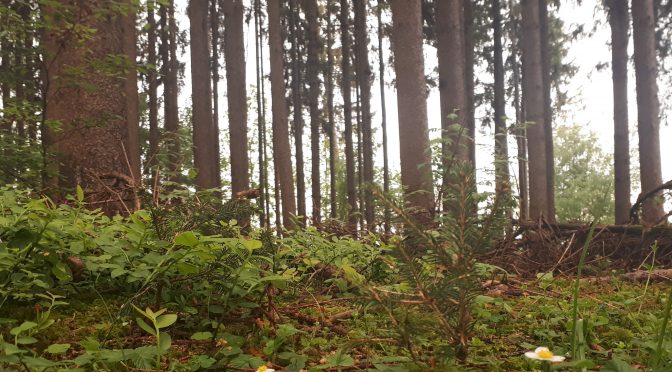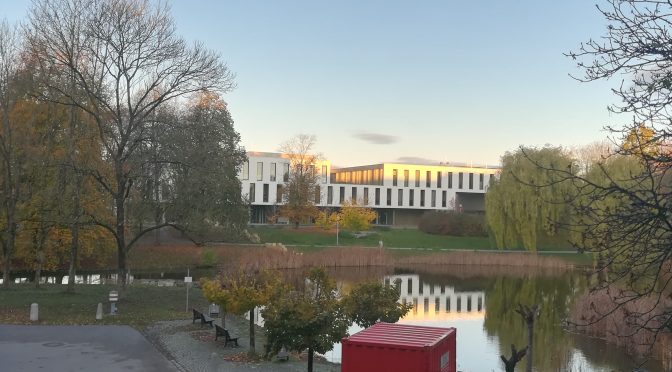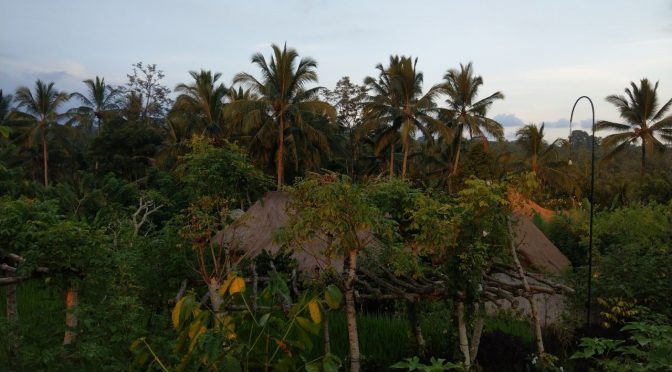Due to Corona, we aren’t able to visit our lovely university and complain about the whole bunch of work the professors gave us. Instead, this work awaits us at our desk at home now; practically every aspect of our studies is carried out there. It feels like tasks and information are overrunning us and time is, naturally, limited. That’s why it’s important to let off some steam and find calmness amidst all this chaos. Netflix doesn’t have to be the best solution, though. Ever thought about forests? Yeah sure, those wide, green spaces are nice for a short walk. But what about plunging into the forest and really focusing? So, why don’t we plunge into the benefits of Forest Bathing and how it helps us maintain our mental health.
What is Forest Bathing?
Forest Bathing is not at all new. It originated in Japan and is called Shinrin-Yoku. Basically, it means to experience the forest with all your senses and create a connection between you and the natural world around you. Smell the flowers, listen to the softly flowing water or just relax while watching the sunlight sprinkle through the leaves. If you want to hug a tree, feel free to do it! Sounds hippie-like? Maybe it is. But the results are amazing.
Get the facts
Various studies have proven the positive impacts of Forest Bathing. First of all, it slows you down. It reduces the stress which has gathered over the days and lets you focus in the here and now. I don’t think I have to tell you how stressful life can be and how stress negatively affects your health and well-being. It can even cause depression. Forest Bathing helps you stay mentally healthy. What’s more, your immune system benefits from it. A study by the Department of Hygiene and Public Health of the Nippon Medical School in Japan proves that a forest bathing trip can increase the activity of the NK-Cells (Natural Killer Cells), which are for example responsible for exterminating cancer cells. Without digging to deep into biology: your immune system gets a nice boost. Of course, one condition does exist: no mobile phone! Any technical device will only distract and, after all, the main goal is to focus and shortly distance oneself from the daily, rushing world. Additionally, the intention of the forest bather must be genuine. If they only think it’s humbug anyway, no gain can be achieved.
The point is: Our world isn’t becoming slower. Quite the contrary, with all the tasks awaiting us, it’s becoming faster, more exciting and more complicated. It doesn’t matter if you’re just strolling through a park or wander off the beaten path through the wood: Concentrating on your fantastic, natural environment for a while takes you through this rather unsure time a lot easier. So – why not pay the Siebentischwald a visit and try it out?
author: Sara Vidanovic



